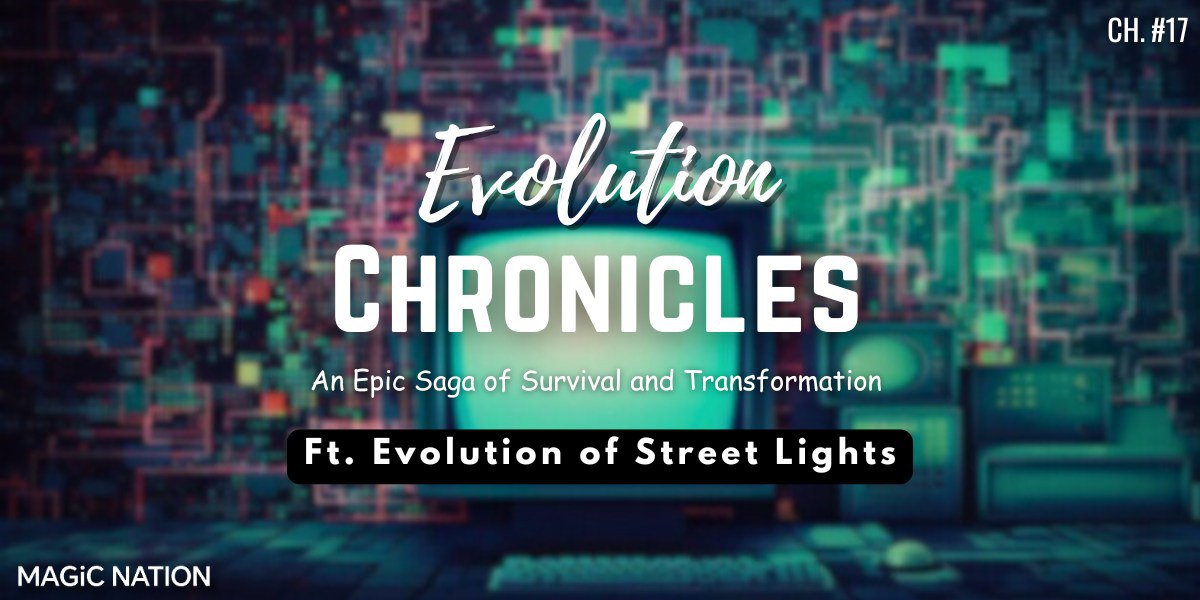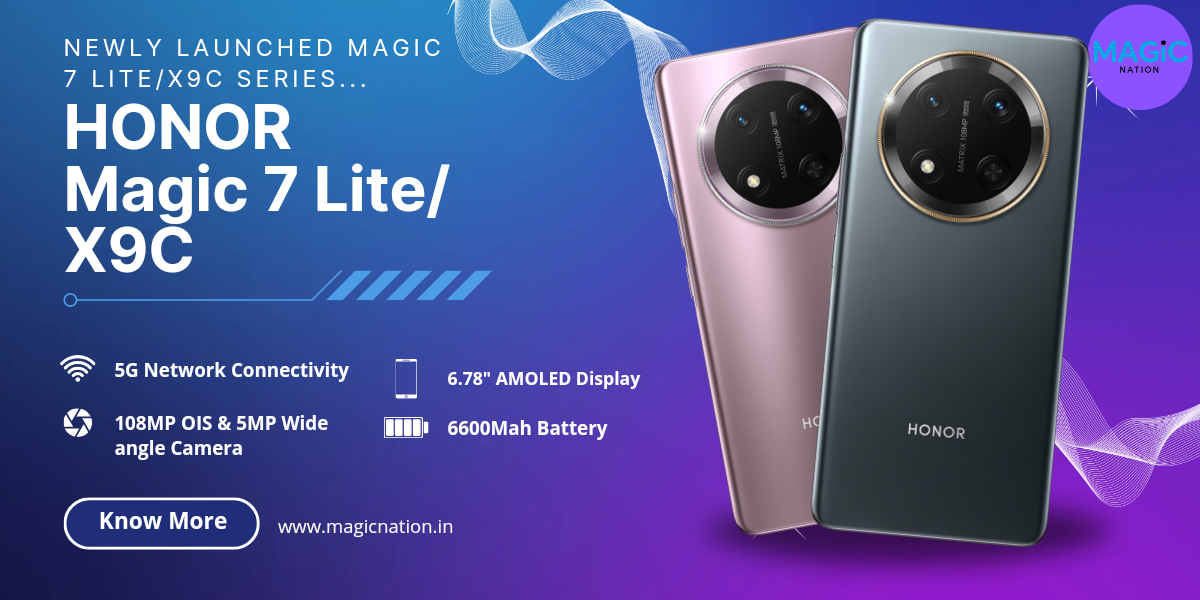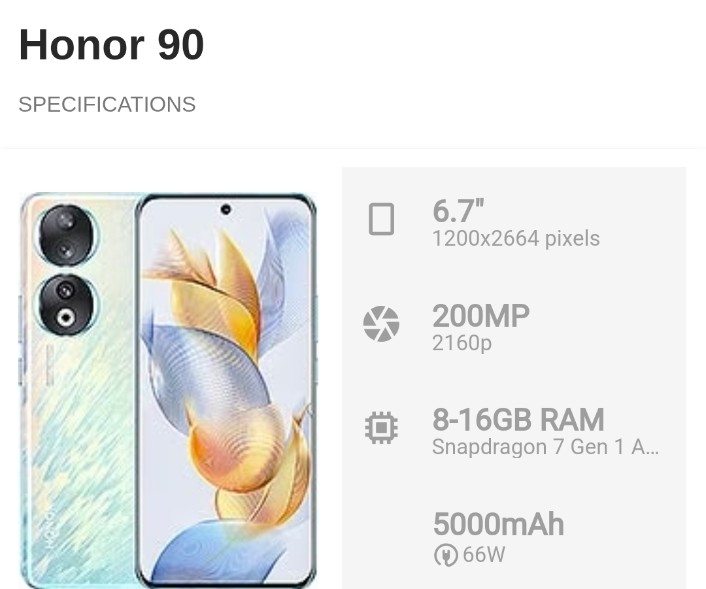I wanted to share some insights into Honor's cutting-edge Silicon-Carbon Battery technology and how it compares to traditional Lithium-ion batteries.
How Lithium-ion Batteries Work:
Lithium-ion batteries have been the go-to technology for years, powering everything from smartphones to electric vehicles.
Let’s first understand how Lithium-ion Batteries Work in a Simple way, as this will be the base to understand the difference.
As the name says “Lithium-ion”, it has Lithium-ions which Moves between
Electrodes: a positive electrode (cathode) and a negative electrode (anode).
Now, if we talk about how charging & discharging works in simplest way:
- Charging: Lithium ions move from cathode to anode, storing energy.
- Discharging: Lithium ions move from anode to cathode, releasing energy.
Now let’s talk about the Silicon-Carbon Batteries.
Similar to lithium-ion batteries, silicon-carbon batteries rely on the movement of lithium ions between the anode and cathode to store and release energy.
The Silicon-carbon battery as the name suggest utilizes a Silicon-based Anode, instead of the traditional graphite anode found in lithium-ion batteries.
So, what does this change in “Anode” material do? What are its Advantages?
- Higher Energy Density: Silicon can theoretically store much more Lithium-ions, leading to batteries with longer runtimes and smaller sizes.
- Faster Charging: Silicon's structure allows for faster lithium-ion diffusion, potentially enabling quicker charging times.
- Lower Cost Potential: Silicon is abundant and relatively inexpensive compared to some materials used in lithium-ion batteries.
- Improved Safety: Silicon is less prone to forming dendrites (needle-like structures) that can cause short circuits, potentially making silicon-carbon batteries safer.
A one major Disadvantage the Silicon-Carbon Batteries have is “Volume Expansion”,
Silicon expands significantly during charging, which can cause the anode to crack and degrade, leading to a shorter lifespan.
But Honor has developed a “Proprietary Coating Technology” for this, which we’ll see in when we talk about Honor’s Innovation.
Honor's Innovation in Silicon-Carbon Battery:
We just saw the negative of Silicon-Carbon battery, that it expands during charging. So, What Honor did to overcome this?
1. Honor has developed a Proprietary Coating Technology, a unique coating for the silicon particles, likely involving carbon-based materials like graphene. This coating aims to reduce the effects of silicon expansion during charging, enhancing the anode's structural integrity and cycle life.
2. Secondly, Honor claims to have achieved a significant increase in the proportion of silicon within the anode structure compared to previous attempts at silicon-carbon batteries.
This higher silicon content directly translates to a boost in the battery's overall capacity, the reason We see Great Battery life in “Honor 200 Series”.
3. Honor has optimized the movement of Lithium-ions(which we saw can degrade battery if performed more) that stabilize the Lithium-ion movement, leading to improved Battery Life cycle.
If we Signify this, Honor's advancements in silicon-carbon battery technology represent a notable step toward overcoming the limitations that have hindered the widespread adoption of silicon-based anodes.
Thank you for reading,
Parth Raja.












